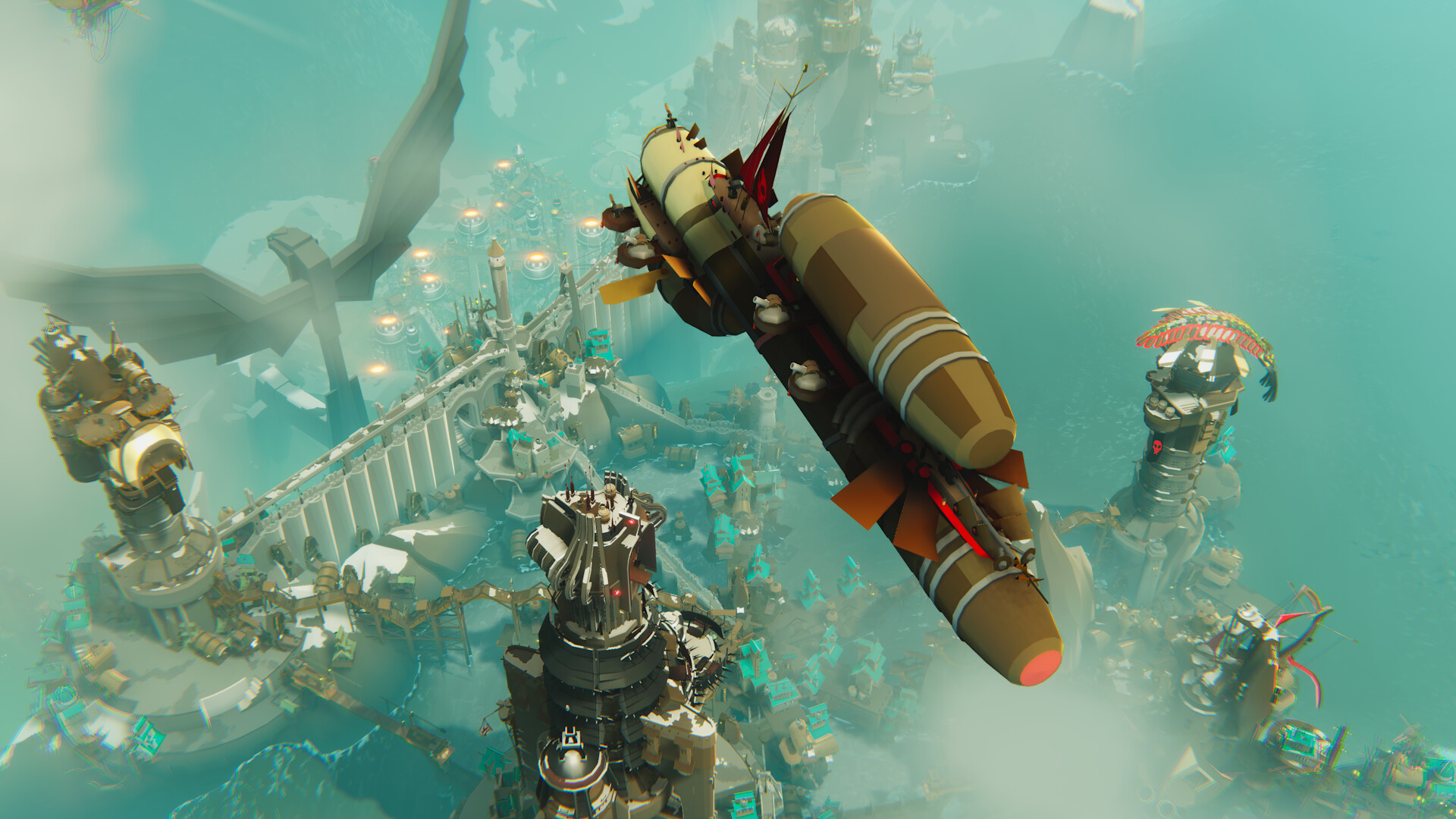"We've given up half the industry to games as a service," says solo city builder dev, and indies are "earning half of what we were earning 4 years ago"
Live service games are "taking half the money, together with old games," Tomas Sala says

The solo developer of city-builder Bulwark Evolution: Falconeer Chronicles, Tomas Sala, has been speaking out about the current state of the games industry, arguing that indie devs like him are "earning half of what we were earning four years ago" in the current climate.
Speaking on the Full Time Game Dev Podcast with fellow indie dev Thomas Brush, Sala digs into the amount of money players have at their disposal to spend on games, noting that "we've given up half the industry to games as a service like Fortnite." He continues: "They're taking half the money, together with old games, so publishers with back catalogs will also survive."
But what about new games? Sala says "the market will just be smaller" – it'll "keep growing," and still "be healthy," but ultimately it isn't "as big as it has been because you're competing with all these things. If you're young and playing games, yeah, you're spending more money on Battlefield and Fortnite, and what's left, you'll try an indie game once in a while. But you can only spend that money once."
Ultimately, that brings him to the point that "we're all earning half of what we were earning four years ago" – a point that Brush agrees is "true," too. "It's literally half," he reiterates. Sala says this half is what "we were sharing with the publishers," which can lead to studios more seriously weighing up the decision to self-publish since they don't want their earnings further divided.
Instead of finding a publisher, devs can "cut that out and make your own game," which Sala describes as an "interesting proposition" since they can then make the decision to simply "release on Steam and play the Steam system, and if it's a hit, then I'll find a publisher to do all these other things."
Porting to console, translating a game to more languages, or making deals with companies like Microsoft via services like Game Pass can come later in the process, if at all, he reasons, and this lightens the load on indies up front. Doing all of this stuff at once to ship simultaneously is "gone for me," Brush adds. "I don't do that anymore."
Sala is a vocal supporter of indie dev efforts, and previously told us that he thinks they should be given more room for failure since "your first game always fails," but your "10th game might be the next AAA studio."
Weekly digests, tales from the communities you love, and more

I'm GamesRadar+'s Deputy News Editor, working alongside the rest of the news team to deliver cool gaming stories that we love. After spending more hours than I can count filling The University of Sheffield's student newspaper with Pokemon and indie game content, and picking up a degree in Journalism Studies, I started my career at GAMINGbible where I worked as a journalist for over a year and a half. I then became TechRadar Gaming's news writer, where I sourced stories and wrote about all sorts of intriguing topics. In my spare time, you're sure to find me on my Nintendo Switch or PS5 playing through story-driven RPGs like Xenoblade Chronicles and Persona 5 Royal, nuzlocking old Pokemon games, or going for a Victory Royale in Fortnite.



